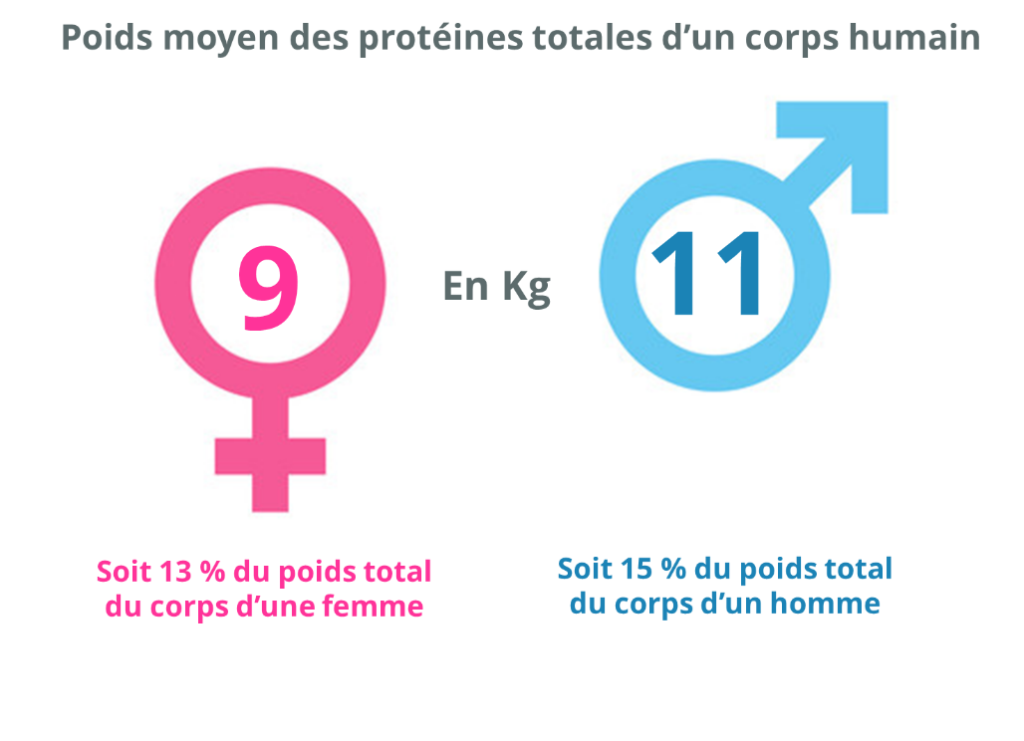What is a functional proteomic analysis?
The first thing to keep in mind is that proteins are the end result of gene expression. They also have a wide range of roles (compound transformation/transport, regulation of oxidative stress, etc.) and are vital for proper cell function.

With so many proteins, functional proteomic analysis is the ideal tool to measure them in one single experiment. Proteomics maximises the number of proteins that can be quantified kin one assay (>2000 proteins).
In addition, the analysis locates the main proteins of interest for a more detailed study. Elysia Bioscience helps you to locate and identify these proteins of interest in signalling pathways and biological processes: this is called functional proteomic analysis. Proteins are sorted by their biological function. This makes it easy to understand the interest and function of your products, while minimising time and effort.
The advantages of functional proteomics analysis
Proteomics analysis by mass spectrometry is a method of analysis that allows you to quantify several thousand proteins from cells or tissues, in one single experiment. You can determine:
- Prospective claims
- How it works or mode of action
- Efficacy
- Safety or cytotoxicity
Determining the full effects of a product or active ingredient on protein expression is therefore an essential step in obtaining data for product strategic development decisions.
Proteomic analysis by mass spectrometry is a complex analysis, which is why we provide you with a user-friendly complete interpretation of the results. In other words, we transform long and complex lists of proteins into open diagrams and figures accesible to all.
Applications
- Discover/ Confirm allegations
- Explore the mechanism of action
- Obtain additional scientific data
- Probe the effects of active ingredients at the cellular level
- Reposition products
Advantages
- Global view of the impact of your active ingredients or products, at a cellular level
- A wealth of information in a single experiment
- Highly sensitive analysis without a bias
- Small amount of sample
